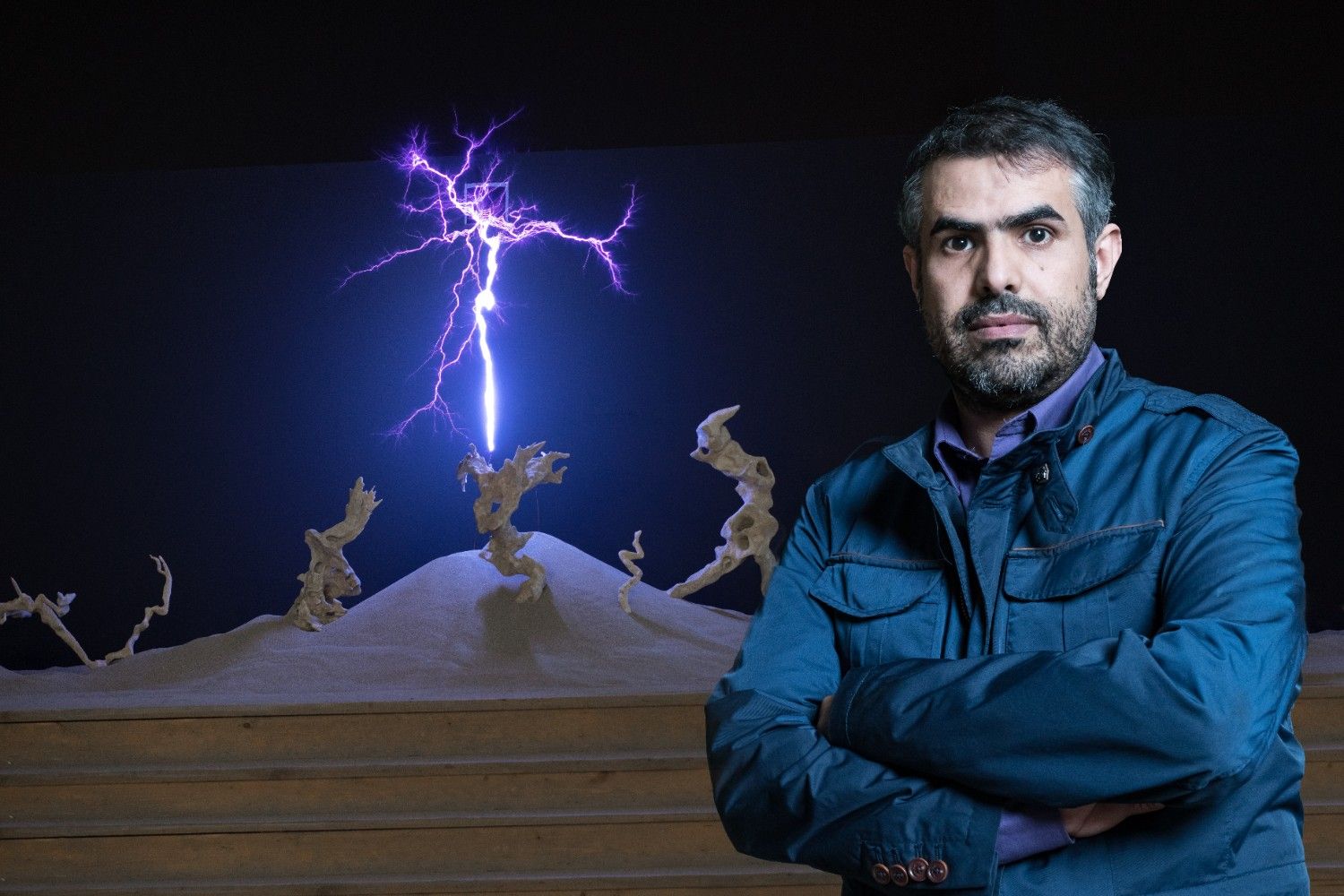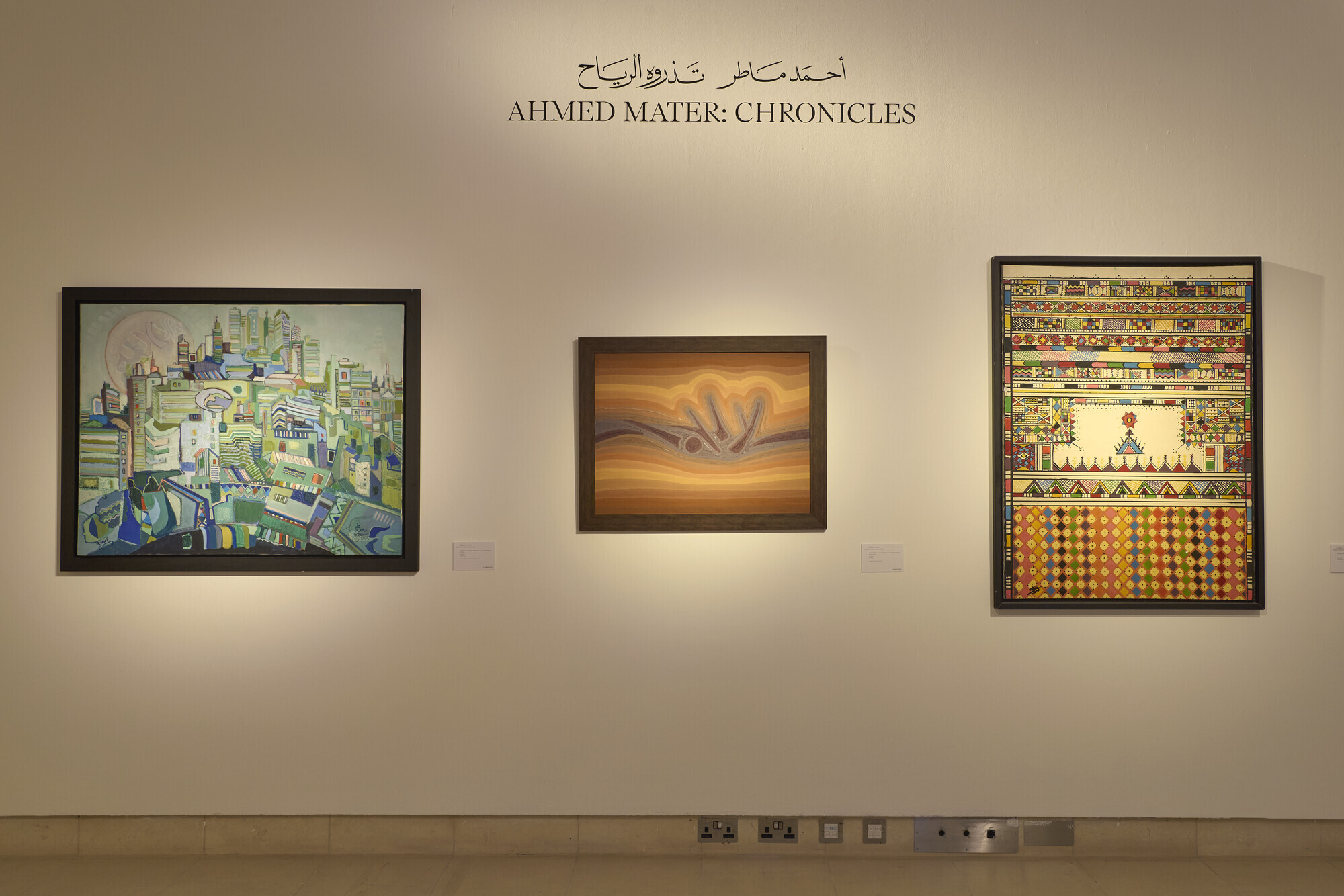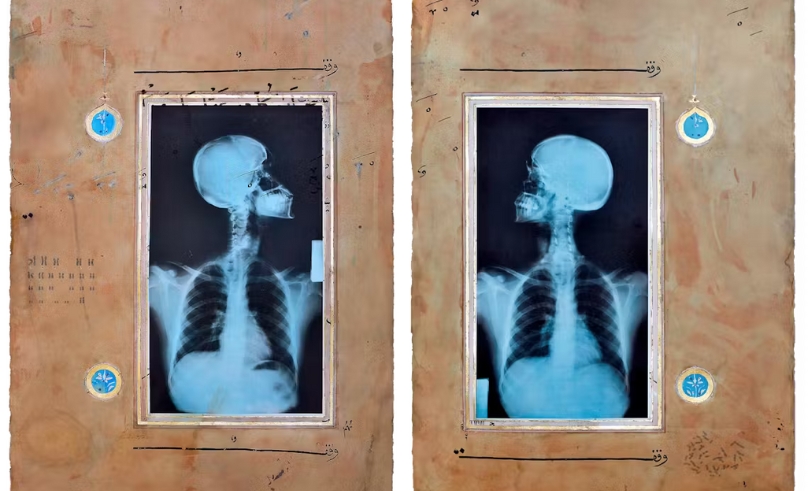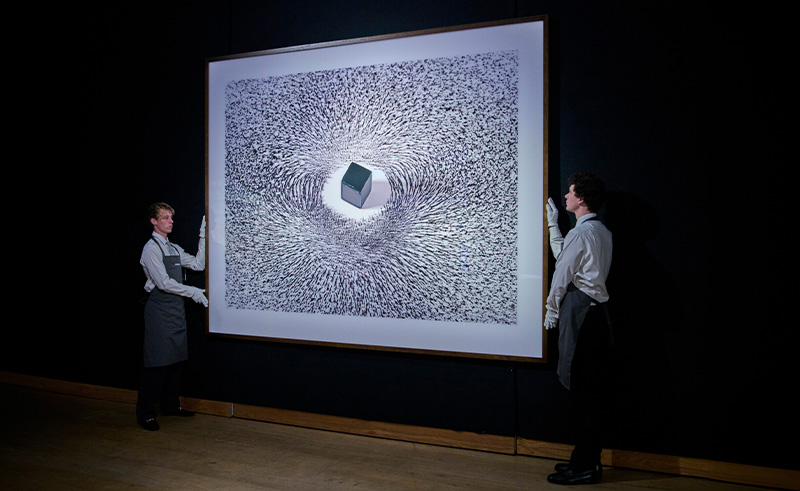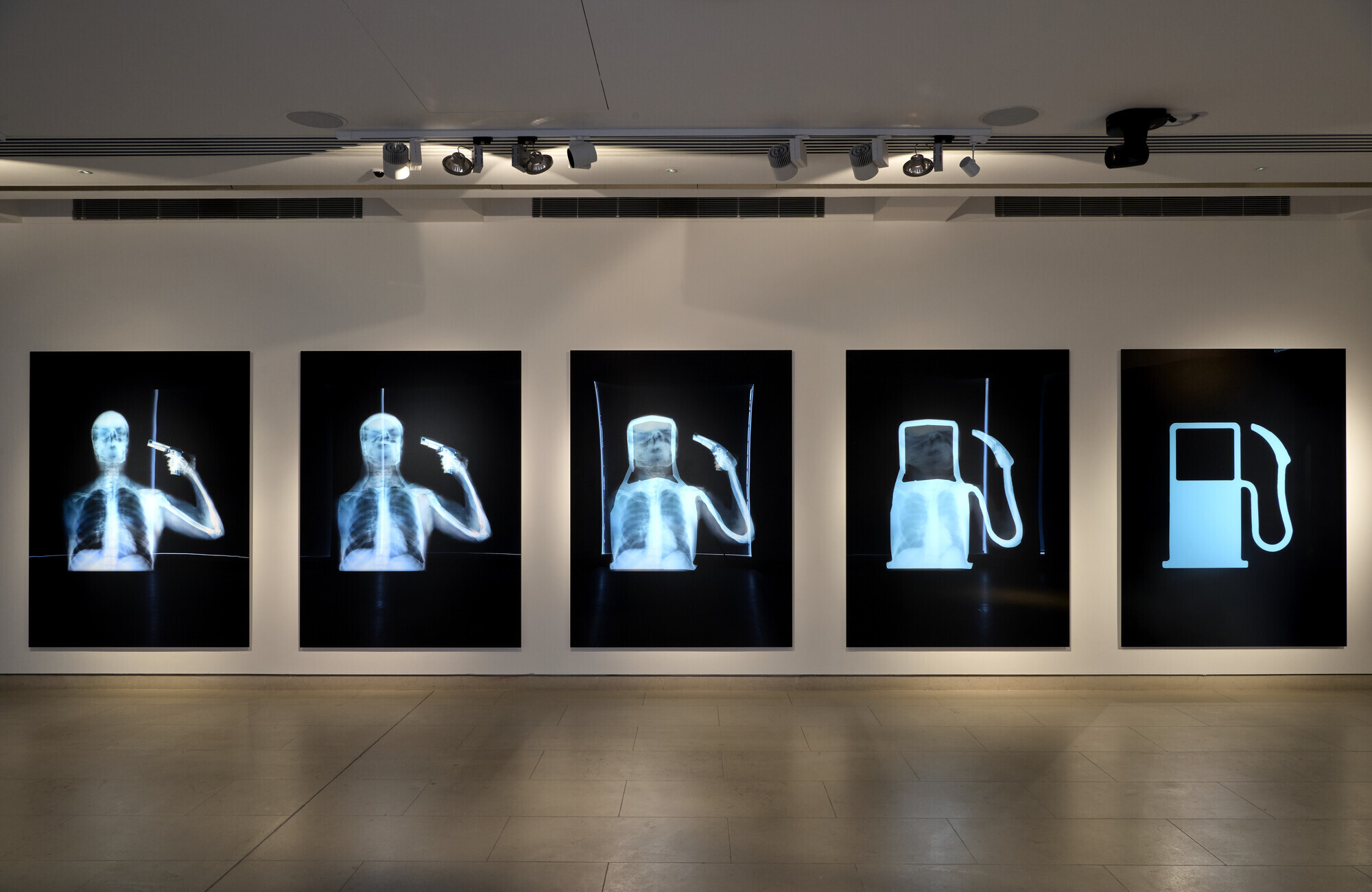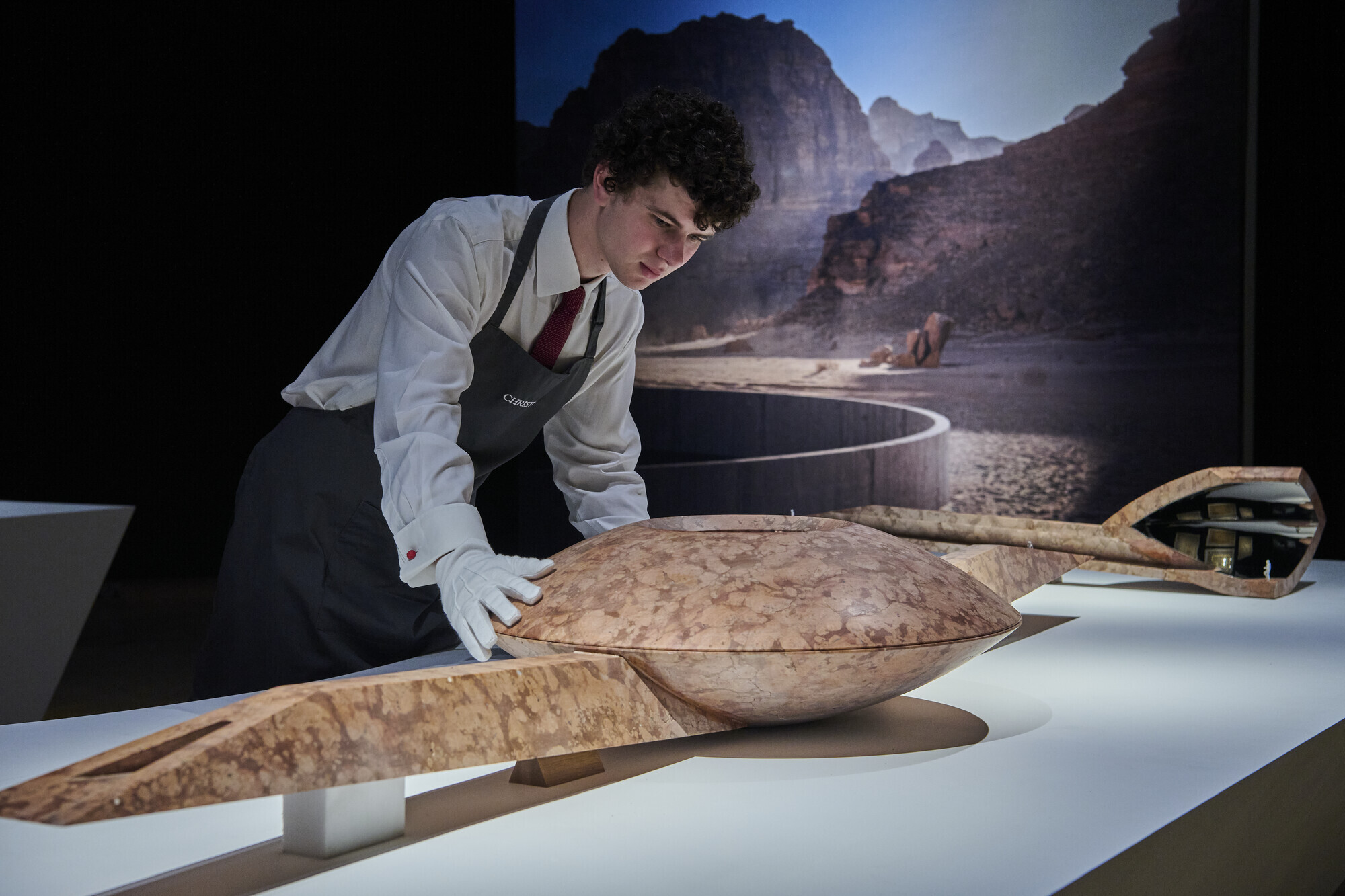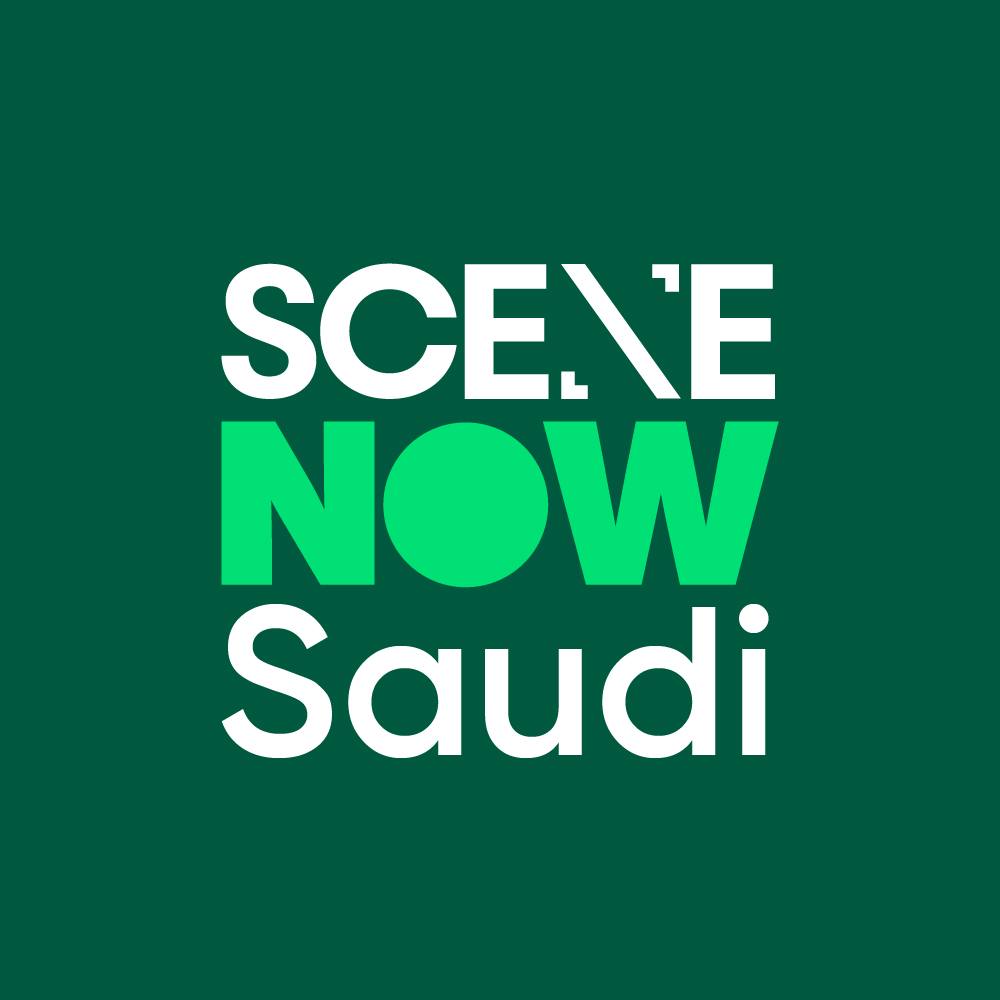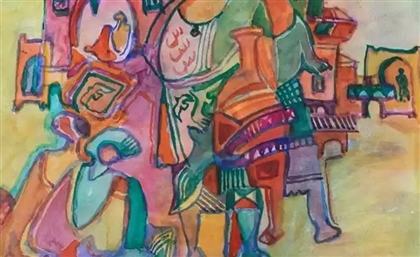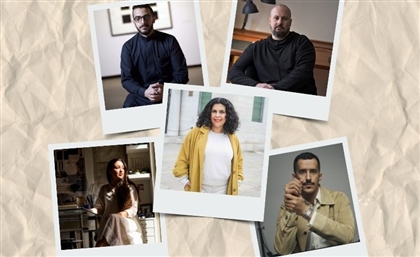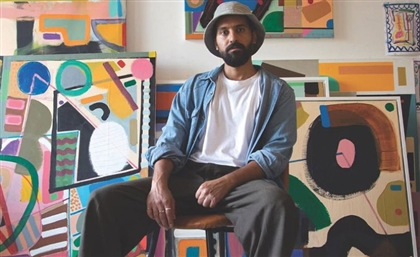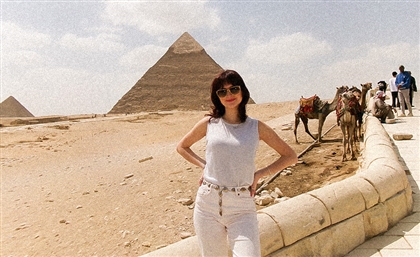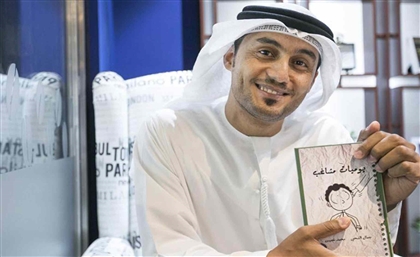‘Ahmed Mater: Chronicle’ is the most comprehensive exhibition dedicated to the pioneering artist to date.
Christie’s is holding a landmark mid-career retrospective of the work of pioneering Saudi multi-disciplinary artist Ahmed Mater. Stretching across two floors of the world-leading art auction house’s ShowRoom in St James’ London, the exhibition, titled "Ahmed Mater: Chronicles' will run until 22 August.
Curated by Dr. Ridha Moumni, Chairman of Christie’s Middle East and Africa, the exhibition traces Ahmed Mater’s career and the evolution of his distinctive artistic practice.
Mater’s work is impressively eclectic, spanning painting and video-photography to sculpture and visual installation, and constantly evolving. However, central to his practice is documenting the profound changes that have convulsed and shaped his native Saudi Arabia and the wider Arab world.
Image: Courtesy of the Artist
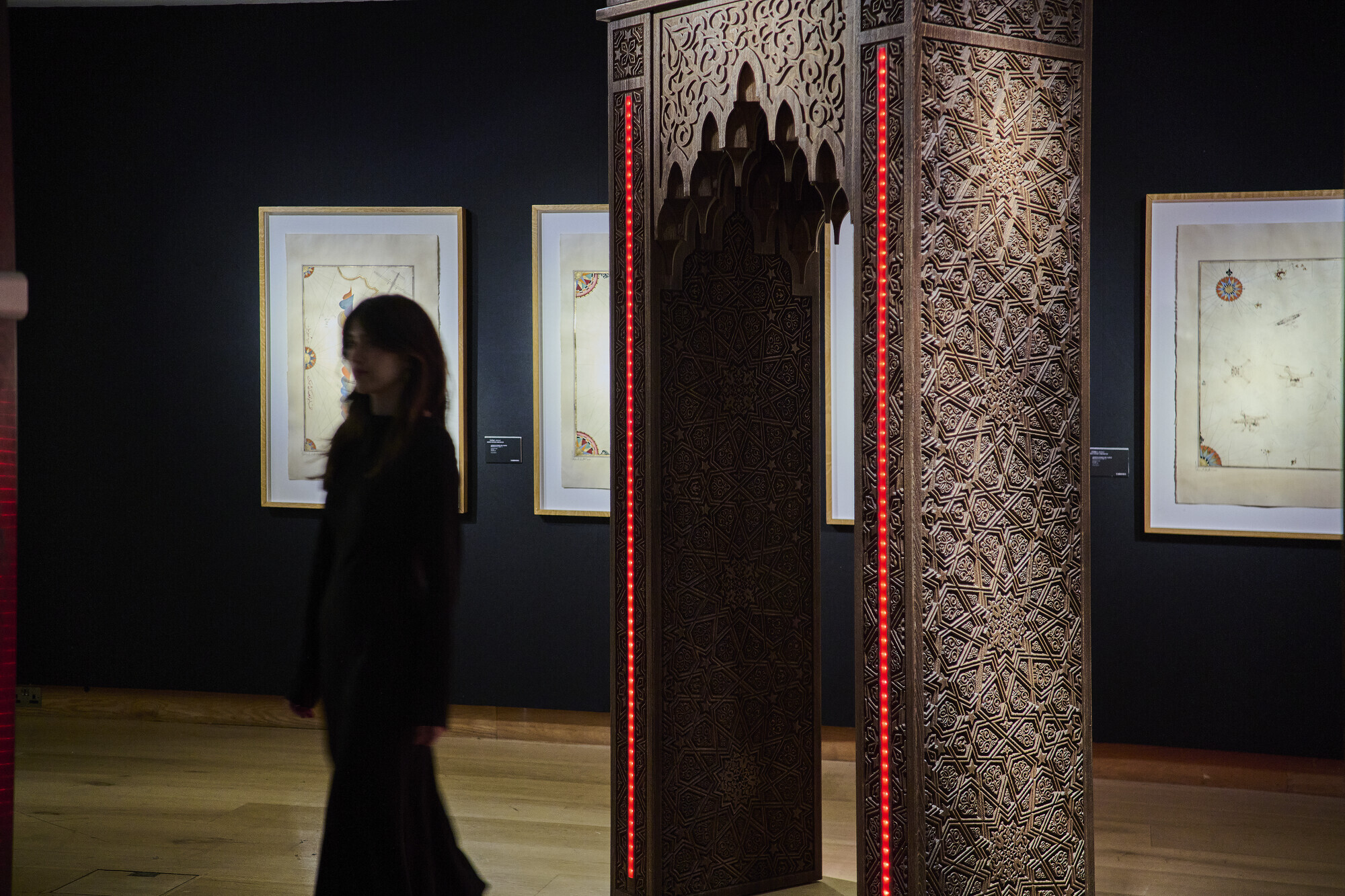
Upon entering the exhibition, the visitor is confronted with the Arabic numerals 1979, the year in which Mater was born in Asir, the mountainous, verdant region of the kingdom’s south. 1979 marked a key turning point for Saudi Arabia and the wider Middle East. The seismic events of that year, which included the Iranian Revolution, the Siege of Mecca, and the Soviet Invasion of Afghanistan, drove the country to adopt a more hardline, religiously conservative agenda, stifling the country’s nascent artistic scene.
Growing up in the highland village of Rijal Almaa, Mater was deeply inspired by his native region’s green terraced mountains and its rich and ancient local traditions. His earliest influence was his mother, a painter in the local al Qatt al Asiri tradition, a form of interior wall decoration characterized by its complex symbolism. A traditional piece by his mother, titled "Our Mother's House," and an abstract painting of his village painted by Mater when he was 16, at the beginning of the exhibition, pay testament to his origins.
Image: Courtesy of the Artist
Denied access to formal artistic training, Mater studied at the Abha College of Medicine and became a qualified physician. However, thanks to al Meftaha arts village, a small but vibrant Asir-based arts community, Mater had the opportunity to engage with pioneering local artists such as Hassan Obaid, Rashid Diab, and Ahmed Baqer.
His traditional religious education and medical training inform much of his work. For example, his interests in X-rays as a doctor and the Islamic manuscript tradition as an avid student of religion culminated in Mater’s Illumination series. Begun by Mater in 2003 but regularly revisited throughout his career, Illuminations incorporates discarded X-ray photographs into illuminated manuscripts, made using tea, pomegranate, and alum, and embellished with Qur’anic verses and intricate patterns.
Image: Courtesy of the Barjeel Art Foundation
This same impulse, to weave together the scientific and the spiritual, is put to spectacular effect in Mater’s Magnetism series, inspired by a conversation with his parents when he was a child who described Mecca as a magnet drawing in the faithful. Iron filings radiating around a black magnetic cube, symbolizing the Kaaba, create a symbiosis of the scientific and the spiritual concepts of attraction.
Image: Courtesy of the Artist
Frustrated by Saudi Arabia’s vibrant but largely unrecognized budding art scene, Mater has dedicated much of his career to promoting Saudi visual art at home and abroad. From 2017-19, Mater was the inaugural director of the Misk Art Institute, a cultural organization founded by Crown Prince Mohammad Bin Salman to empower local artists. Earlier, in 2004, he joined forces with British artist Stephen Stapleton to found Edge of Arabia, a grassroots project to internationalize Saudi art and create dialogues between Saudi and foreign artists.
Mater is fascinated by the dramatic changes which continue to shape and transform his native Saudi Arabia. Exemplifying this urge to document and chronicle is the Desert of Pharan project, named after the ancient term for the region surrounding Mecca. Between 2012 and 2017, based in Mecca, Mater traced the holy city’s radical urban development through hundreds of films and photos.
Image: Courtesy of the Collection of Ramzi and Saeda Dalloul Art Foundation
Mater’s work also shows a preoccupation with oil’s role in shaping Saudi Arabia. One of his most iconic works featured in the exhibition is his Evolution of Man series. It consists of a series of X-rays, beginning with a human holding a gun to his head and gradually fusing into a gas pump. The work is a rebuke of oil consumerism and a powerful repudiation of economic growth at the expense of social and environmental degradation.
Image: Courtesy of the Artist
The exhibition dramatically culminates in a preview of Mater’s most ambitious and anticipated project to date, the monumental Ashab Al-Lal (Mirage) installation for the Wadi AlFann project in AlUla. Conceived as a meditative temple integrated into the desert landscape, the proposed 48-meter mirrored dome will conjure an entrancing illusion by reflecting images of the surrounding canyons to spectators inside the structure.
Image: Courtesy of the Royal Commission for AlUla
“Ahmed Mater: Chronicles” is testament to the kingdom’s rapid emergence as a global art hub. The exhibition will not only introduce Mater’s work to a whole new audience of art lovers, but to Christie’s elite clientele of global collectors in search of the art world’s next big sensation.
